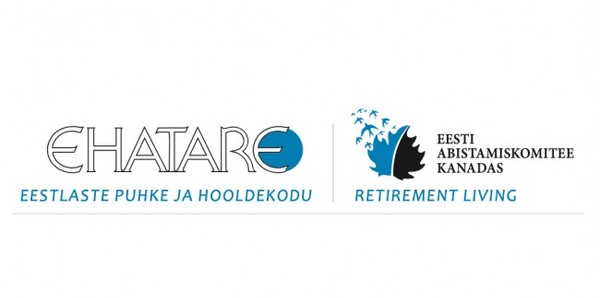Elections to Estonia’s National Assembly (Riigikogu) are scheduled for March 3, 2019, now less than two months away. A sizable number of Estonian citizens living in Canada are eligible to vote in these elections. However many eligible voters are not well informed about their rights as voters nor are they well informed about the issues at stake and the positions of Estonia’s political parties with respect to these issues.
As recently reported by the Estonian News Service (ERR),
“The United Nations' Global Compact on Migration, hate speech, Russian influence, integration, the fragmentation of society, the Conservative People's Party of Estonia (EKRE) as the great new threat to the country—those are just a few of the topics around which the fear-mongering of Estonia's political parties has revolved in the ongoing campaign…”
If you are among those eligible to vote in the upcoming elections or are simply interested in the issues and how each of the political parties propose to address them, please attend an information meeting about the election on February 20 at Tartu College. Among the topics to be covered are:
• Who can vote, when can you vote and how can you vote
• What are the main issues under debate
• How do each of the political parties contesting the election see the way forward
Leading this discussion will be Professor Andres Kasekamp, Director of the Chair of Estonian Studies, at the University of Toronto. Professor Kasekamp is a respected and sought after authority on the Estonian political landscape. His views will be both helpful and insightful for all those interested in the outcome of this election.
Please join us at Tartu College on February 20, at 7:00 pm. In the interests of greater understanding, this information evening will be presented in English.
This event is sponsored by the Estonian Studies Centre and Tartu College

“The Upcoming Estonian National Election: What’s at Stake?” Estonian Life (3)
Teadaanded | 26 Jan 2019 | EL (Estonian Life)Eesti Elu
Viimased kommentaarid
Kommentaarid on kirjutatud EWR lugejate poolt. Nende sisu ei pruugi ühtida EWR toimetuse seisukohtadega.
All citizens can vote, regardless of their proficiency in Estonian. Residents have to become citizens first and only then can they vote.
If you have a birthright to the citizenship, you do not need to pass any exams.
If you have a birthright to the citizenship, you do not need to pass any exams.
But voting takes place at Eesti Maja on the 16th?
Residents of Estonia only get voting rights, if they pass (a fairly easy) Estonian language test.
Does such a rule apply to Estonians in Canada?
Does such a rule apply to Estonians in Canada?
Teadaanded
TRENDING

























